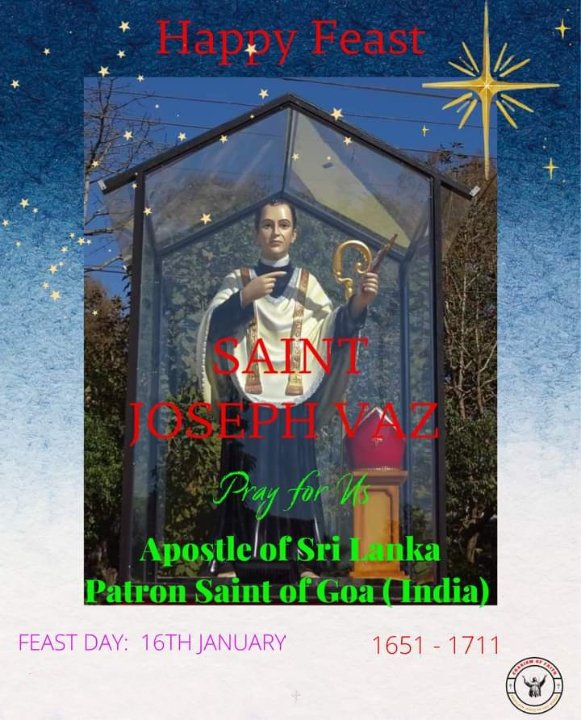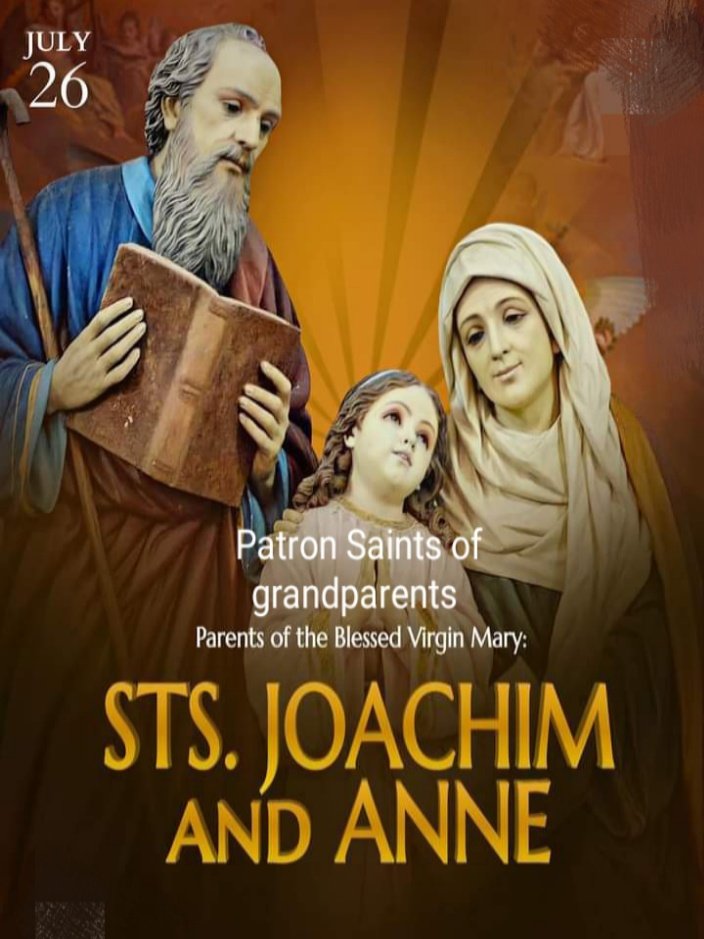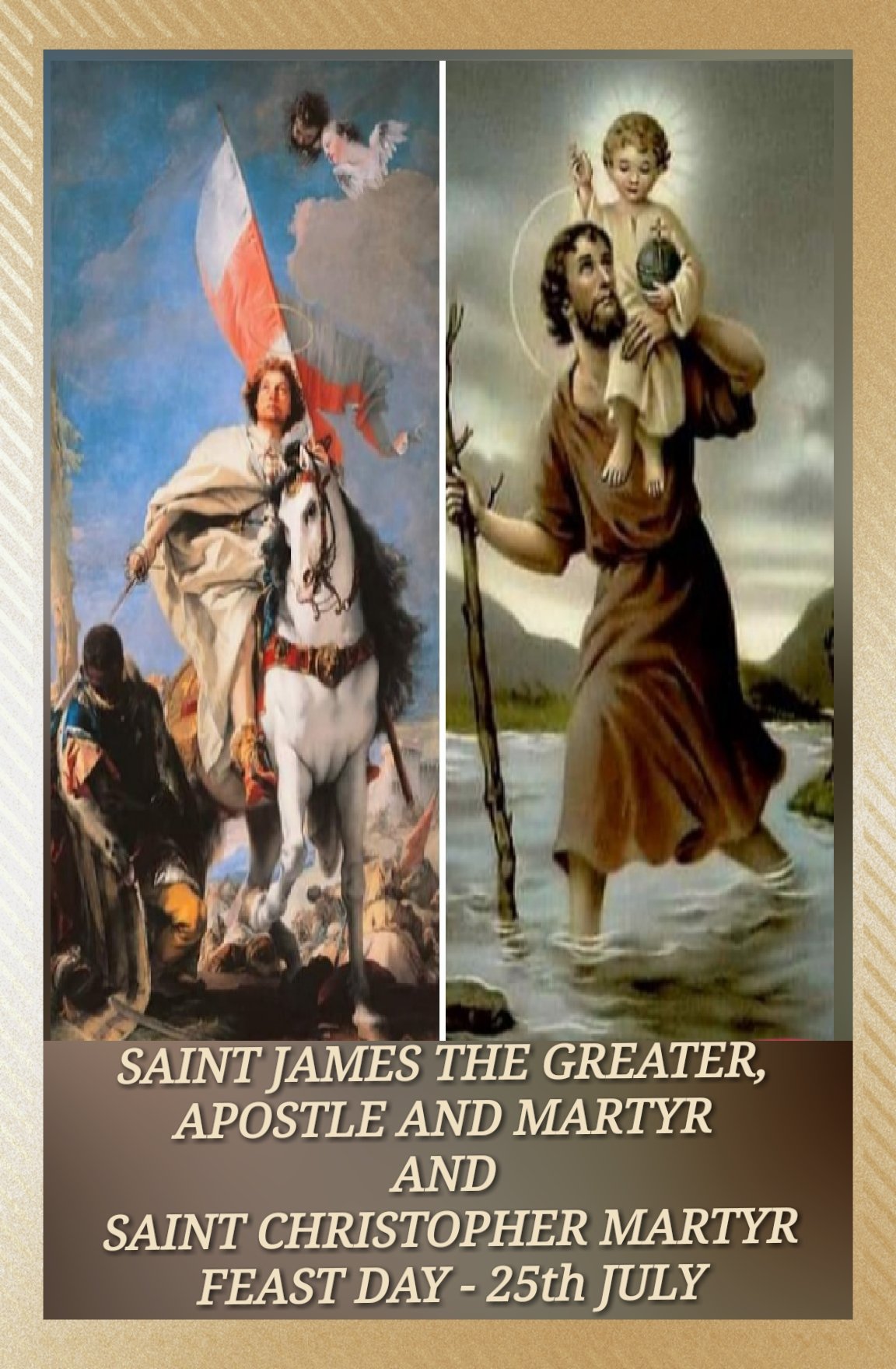
MONTHLY DEVOTIONAL FOR 15th JANUARY
January 15, 2024
Jeremiah 29:13
January 16, 2024FEAST OF BLESSED HONORATUS OF ARIES AND SAINT JOSEPH VAZ
FEAST DAY – 16th JANUARY
Honoratus was born in 350 AD, in the north of Gaul to a consular Roman family. He received an outstanding education and he converted to Christianity with his brother Venantius, embarking with him from Marseilles about 368, under the guidance of a holy person named Caprasius, to visit the holy places of Palestine and the laurae of Syria and Egypt. But the death of Venantius, occurring suddenly at Methone, Achaia, prevented the pious travellers from going further. They returned to Gaul through Italy, and, after having stopped at Rome, Honoratus went to Provence.
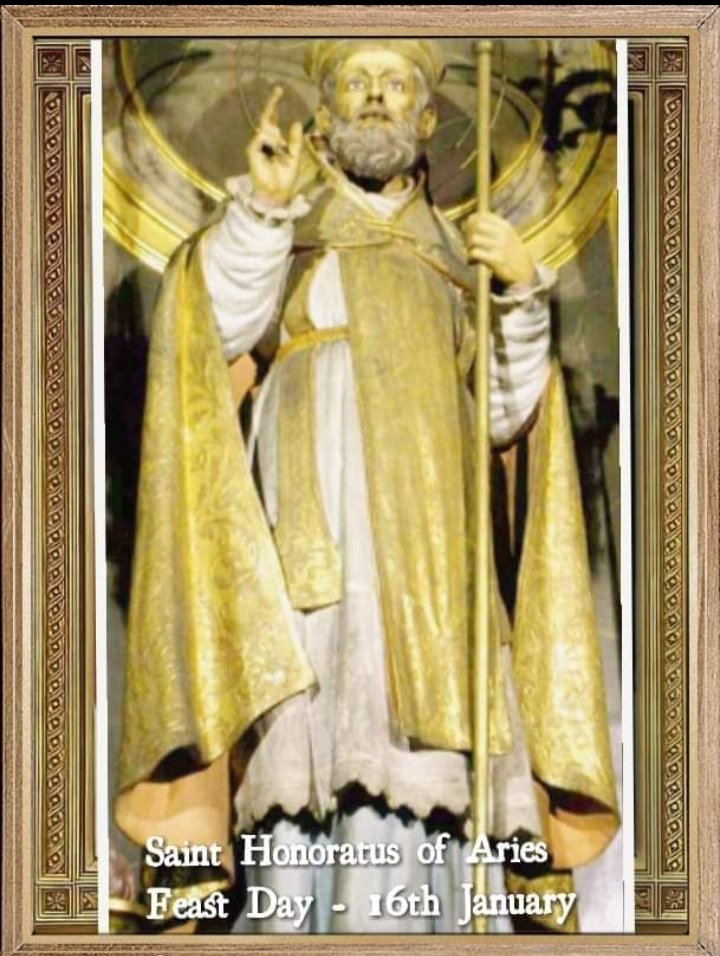
Encouraged by Leontius of Fréjus, he took up his abode on the wild Lérins Island today called the Île Saint-Honorat, with the intention of living there in solitude. Numerous disciples soon gathered around Honoratus, including Lupus of Troyes, Eucherius of Lyon, and Hilary of Arles. Thus was founded the Monastery of Lérins, which has enjoyed so great a celebrity status and which was, during the 5th and 6th centuries, a nursery for illustrious bishops and remarkable ecclesiastical writers. His Rule of Life was chiefly borrowed from that of St. Pachomius. It is believed St. Patrick trained there for his missionary work in Ireland.
Honoratus’ reputation for sanctity throughout the southeastern portion of Gaul was such that in 426 after the assassination of Patroclus, Archbishop of Arles, he was summoned from his solitude to succeed to the government of the diocese, which the Arian and Manichaean beliefs had greatly disturbed. He appears to have succeeded in re-establishing order and orthodoxy, while still continuing to direct from afar the monks of Lérins. He died in the arms of Hilary, one of his disciples and probably a relative, who was to succeed him in the See of Arles. Hilary wrote the Sermo de Vita Sancti Honorati probably around 430.
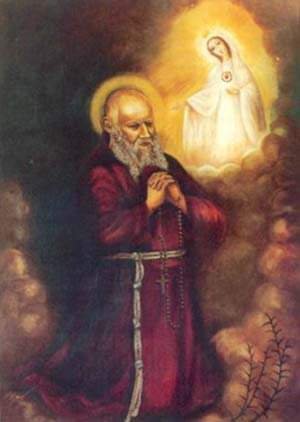
Honoratus’ various writings have not been preserved, nor has the Rule which he gave to the solitaries of Lérins. John Cassian, who had visited his monastery, dedicated to him several of his “Conferences”. He re-established orthodoxy and eradicated the prevalent Arian and Manichaean heresies. He died in 429 AD from ill health caused by the austerities he practiced. His tomb is shown empty under the high altar of the church which bears his name at Arles; his body having been translated to Lerins.
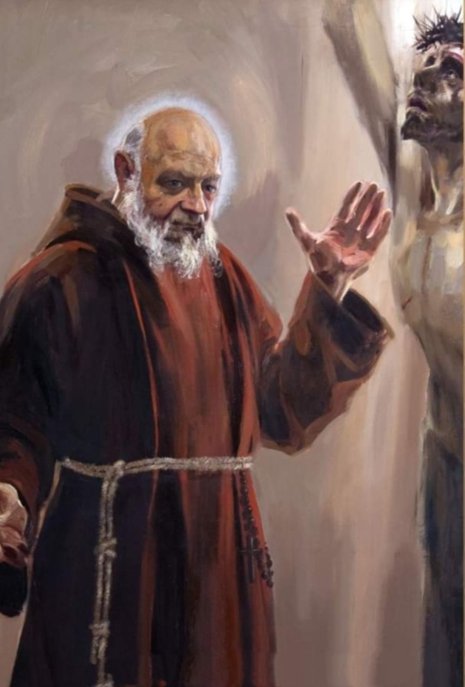
in 1391, the Middle Ages, Honaratus was the object of a pilgrimage in the Arles region, especially around Lérins Abbey, because of the writings in Occitan of Raymond Féraud or Raimon Feraud, a monk who composed a hagiographical life for him around 1300 in Roquesteron. One of the Lérins islands near the Antibes off the French Riviera is now called St. Honorat in his honor. His feast is January 16 and he is Patron against drought, against misfortune, against rain, and for rain.
PRAYER
We thank you God, for giving us saints like Honoratus of Aries, who has given us, by his example, great love of Christ and gratitude to our Lord, for destroying the terror of everlasting death, with the offer of eternal life.
His reputation for sanctity inspires us to achieve perfection and purity of the highest order in our lives and to be grateful for our salvation, in Christ Jesus our Lord and Savior. Amen
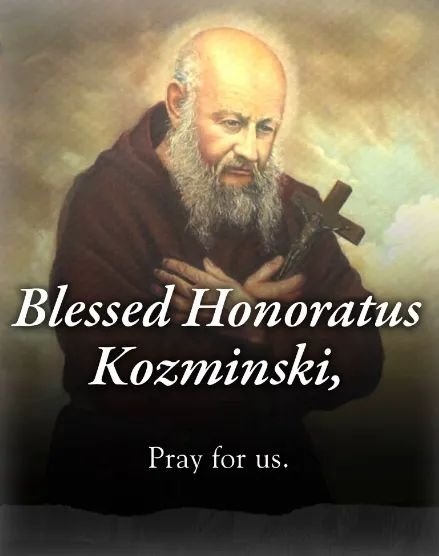 St Honoratus, help us to show our gratitude to God every day both in word and in work. In Jesus’ Name Amen
St Honoratus, help us to show our gratitude to God every day both in word and in work. In Jesus’ Name Amen
+++++++++++++++++++++++++++++++
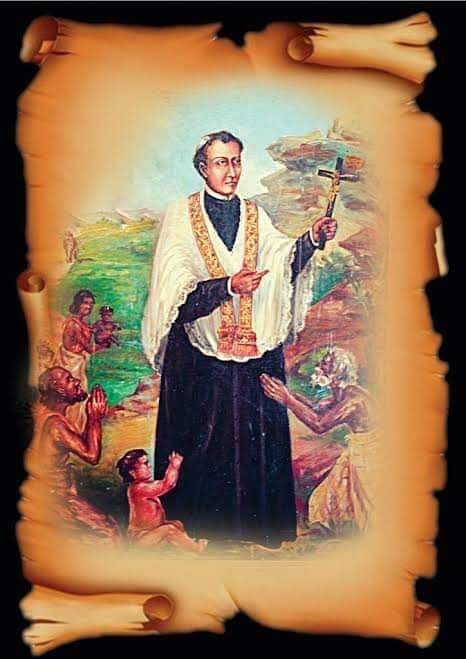
FEAST OF SAINT JOSEPH VAZ, CCONFESSOR – 16, JANUARY
Joseph Vaz was born on 21 April 1651 and died on 16 January 1711. The day he was born, his father Cristovam Vaz saw a star in the Sky around midday. He wrote in his personal diary that his son would become a great man.
The doors of Cortalim Church opened on their own when he went to visit the Blessed Sacrament one night. He was called “the little saint” as a boy and recited the Rosary on his way to Church and school. He resolved to eat kanji for his food (sometimes called the food of the poor) throughout his life.
He started the first Milagristas or Oratorians indigenous order after returning from South Kanara having brought peace among warring factions. The Oratorians served the Church in Sri Lanka and other countries for 150 years.
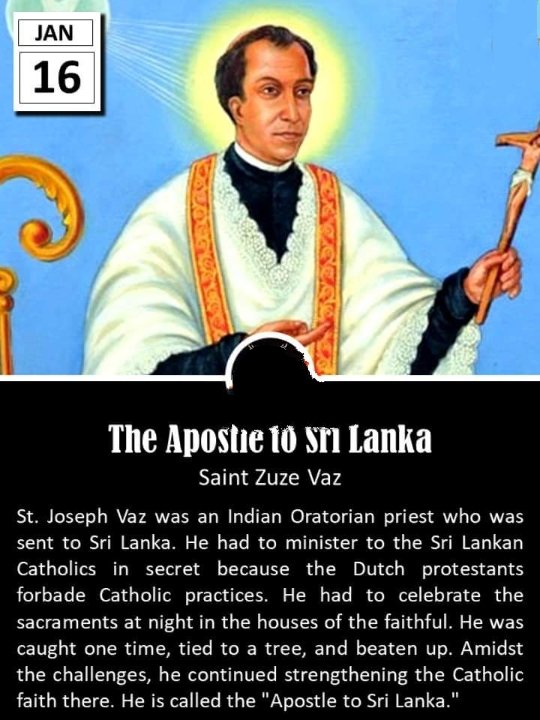
He disguised himself as a coolie wearing a loin cloth around his waist when he entered Sri Lanka as part of his mission since no priest was allowed on the island. His wheatish brown complexion helped him slip onto the island where the Dutch persecuted Roman Catholics. He entered hiding a kit under his loin cloth and wore a Rosary round his neck. He later built the first Church in Sri Lanka and dedicated it to Mother Mary.
He worked alone in Sri Lanka for 10 years and the next 14 years was accompanied by Goan Oratorians. He learnt their culture, sang their songs, and helped build their own local Church, never imposing the western Church on the faithful.
He baptised, catechised and built 300 chapels, churches and built homes for the old, sick and the needy next to the churches. He would always keep a sack of rice to be distributed to the poor after mass. Under the fear of being caught by the Dutch who were ruling in Sri Lanka, he disguised himself as a baker, dhobi, coolie, servant, businessman, porter and even a fisherwoman.
He would work during the night by the light of the moon. He issued a command over snakes to never bite a priest. Till date, never has a priest in Sri Lanka has been bitten by a snake.
While in prison, he learnt Tamil and Sinhalese, translating Catechism books and wrote the Stations of the Cross in the local language. He won the hearts of the Buddhist kings with the exemplary life he led.
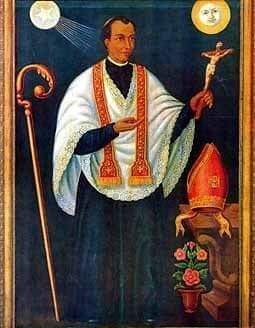
He was requested by the kings to pray for rain when the island was ravaged by drought. He performed the miracle of rain in Kandy, a record of which can be found in their archives. It had rained all over the island except on the Saint and the Altar he built to pray for rain. He never kept any money with him, always depended on God and his fellowmen. He had nothing to owe, and nothing to call his own. He wore and owned only one cassock, which was patched and stitched all over.
The Sri Lankans called him Samanasu Swami (the angelic priest) and is the first and only missionary of the East to have his mission in the East. He educated his neighbour and companion John who accompanied him in Sri Lanka and requested the superior of the Oratorians to ordain him a priest. John, who later returned to Goa, was ordained a priest. (The first Dalit-priest)
He would always sleep on a mat on the floor and never sought glory. He served 30 years as a priest, 24 of them in the Sri Lankan Vineyard and walked barefoot for the most part of his life. Despite his thin figure, he walked through the jungles like the wind.
He died in an odour of Sanctity on January 16, 1711, the day and the time that he had been foretold! Before dying he advised those gathered around him in Sinhala saying, “Hardly will you be able to do at the time of death what you have not done during your life”.
He sent the crucifix given to him by the Pope to Goa, now preserved in the oratory room of the shrine of St. Joseph Vaz at Sancoale, Goa, the only relic in India. He is patron of Sri Lanka.
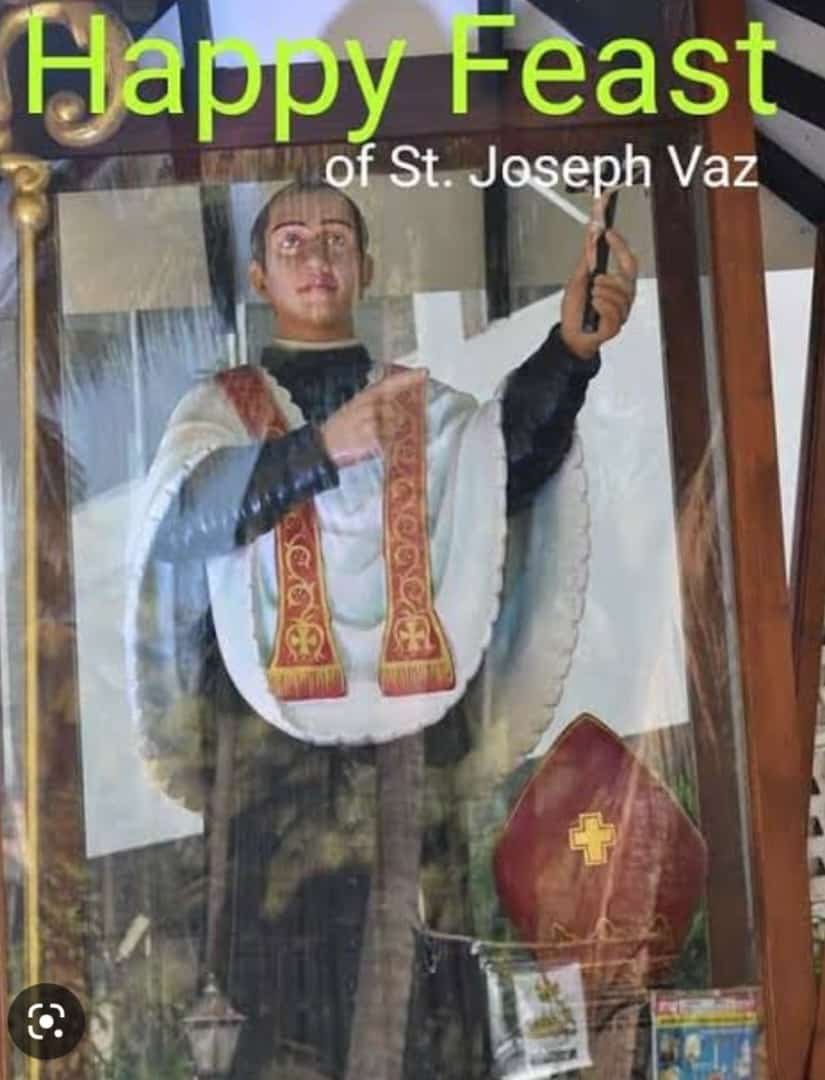
SPECIAL PRAYER OVER THE SICK: Heavenly Father, Your Son proved through wonders how sensitive Your heart is towards those who are burdened with sin, sorrow, sickness and difficulties. Through the wonders Your Servant Blessed Joseph Vaz, wrought both in his life and death, he trailed the same path to show forth that divine kindness and thus drew thousands to the bosom of the Church.
Therefore, we plead, through his intercession, to increase our faith in You, to make of us true witnesses of Your love, and, if it is Your will, grant us this favour (pray silently for your intention) and especially grant us a much needed miracle (pray silently for a miracle) through Jesus Christ our Lord. Amen
